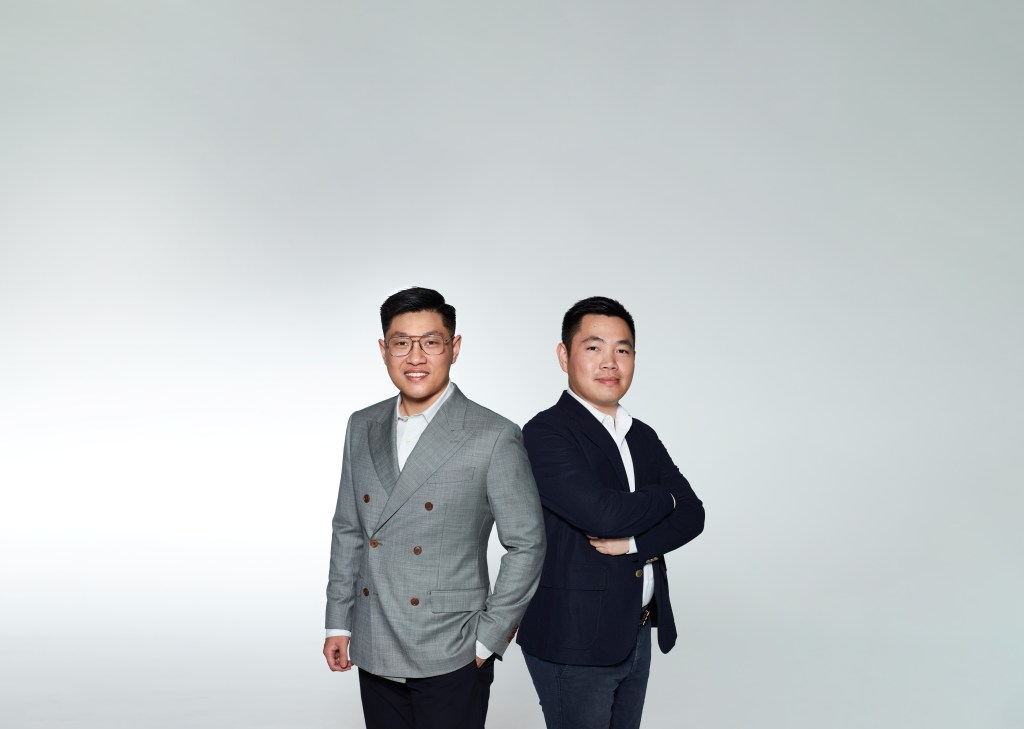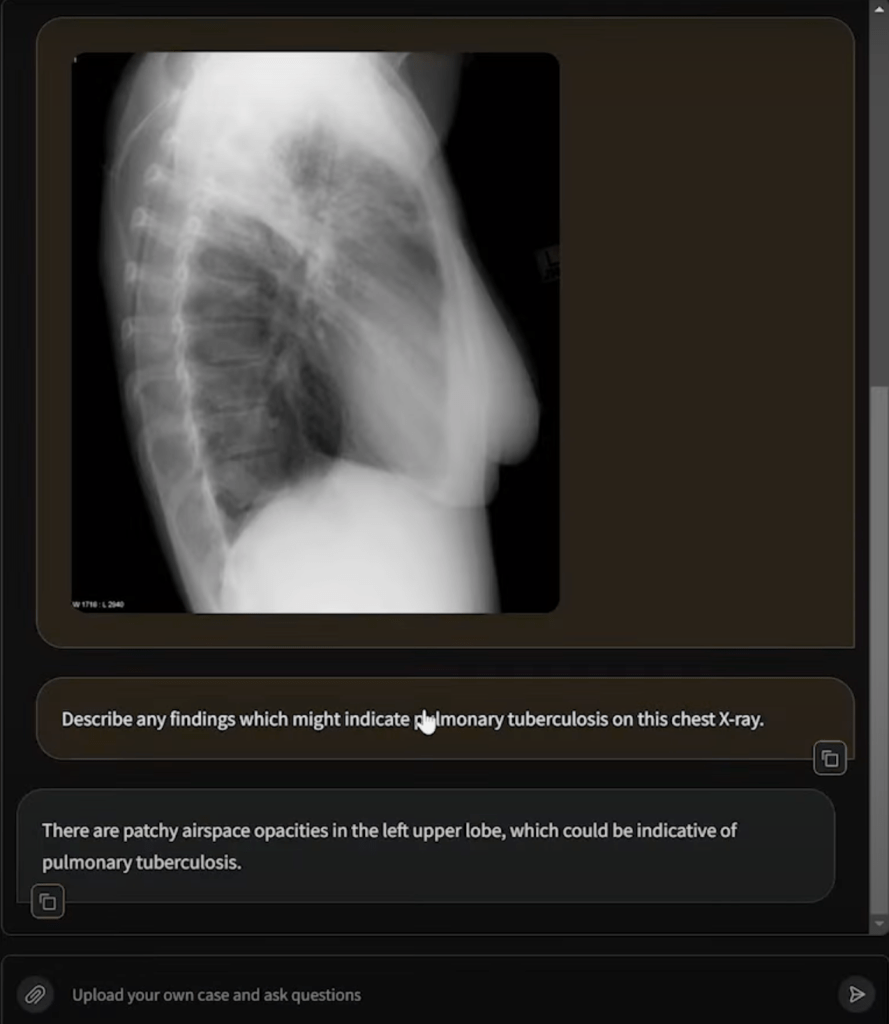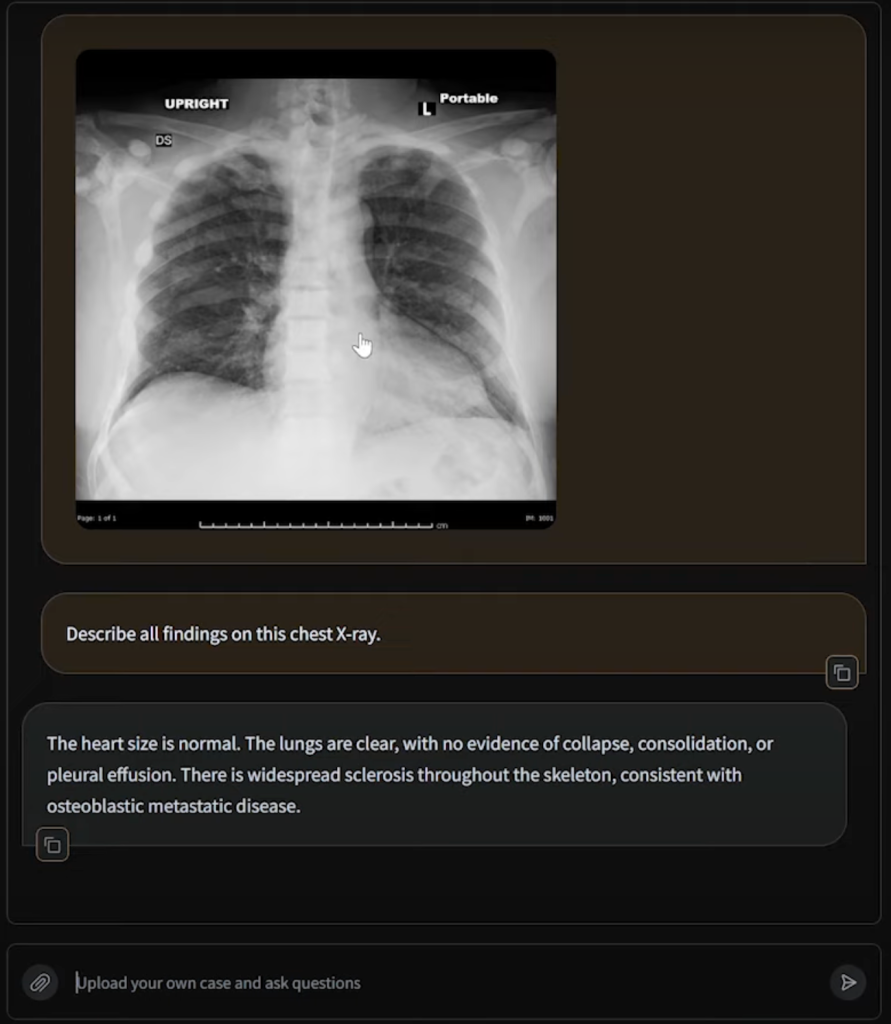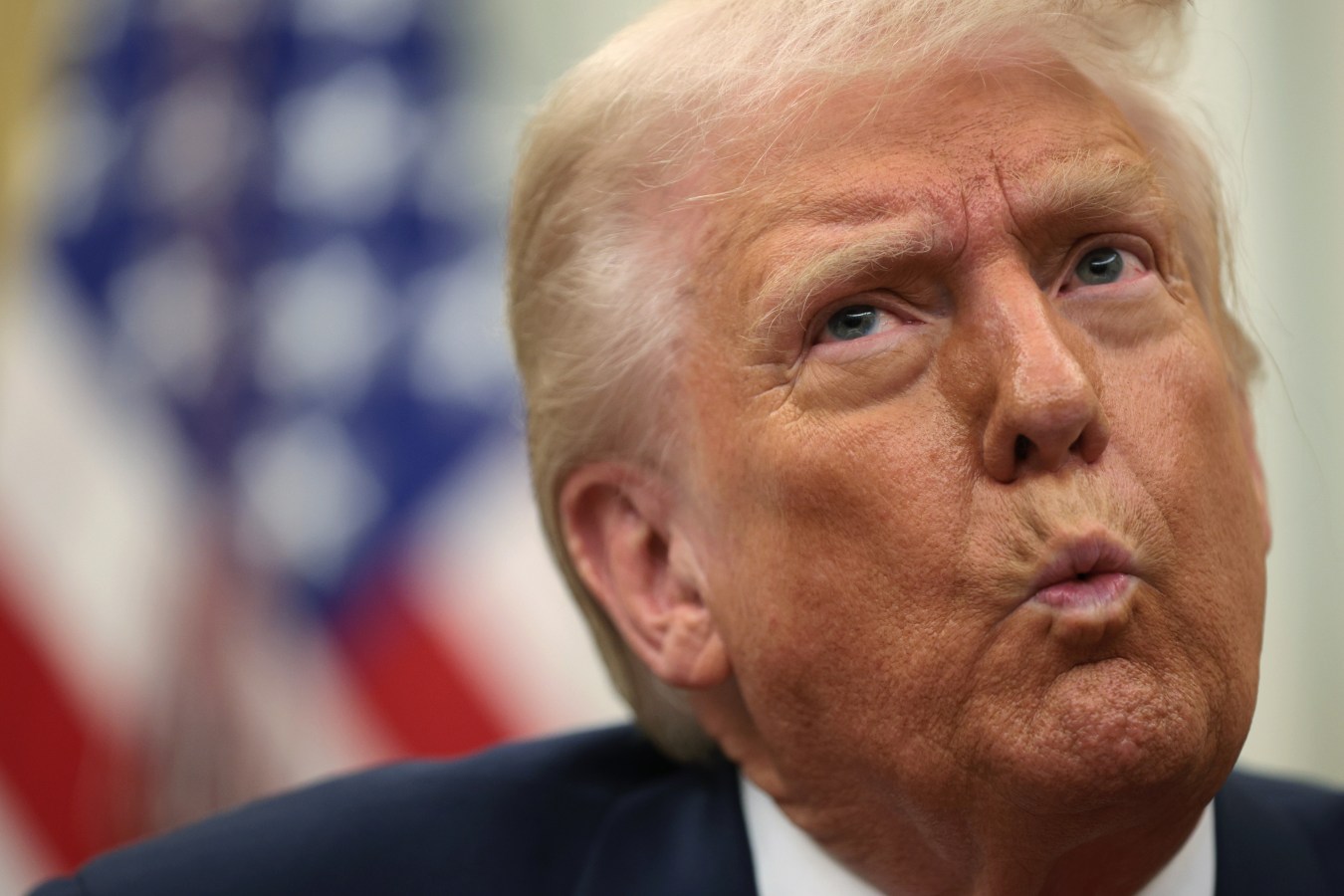Australian medical technology company Harrison.ai has launched a radiology-specific generative AI model – and it’s already scoring higher than OpenAI and Gemini.

Australian med-tech company Harrison.ai has launched into generative AI with Harrison.rad.1, a radiology-specific vision language model that can detect and localise radiological findings.
The tech works similar to OpenAI’s ChatGPT platform: a user can upload an x-ray image and ask Harrison.rad.1 to describe the findings. The platform will then spit out an immediate response. According to the company, Harrison.ai’s new tech has been trained on real-world, diverse and proprietary clinical data, comprising of millions of images, radiology studies and reports. The dataset is further annotated at scale by a large team of medical specialists to provide Harrison.rad.1 with clinically accurate training signals.
“AI’s promise rests on its foundations – the quality of the data, rigour of its modelling and its ethical development and use,” Aengus Tran, co-founder and CEO of Harrison.ai said. “Based on these parameters, the Harrison.rad.1 model is groundbreaking.”
The company’s existing radiology solution, Annalise.ai, has been cleared for clinical use in over 40 countries, and is commercially deployed in healthcare organisations globally. Annalise.ai’s chest X-ray solution has also been undergoing trials in Scotland since 2022, with early-stage results shared with Forbes earlier this year indicating the tech, which is capable of identifying the suspected presence of up to 124 findings on chest X-rays, shaved nine days off the time to treatment (48 compared to 57) of lung cancer.


When Harrison.rad.1 sat the Fellowship of the Royal College of Radiologists (FRCR) 2B Rapids examination (an exam that only 40-59% of human radiologists manage to pass on their first attempt, but score about 50.88 out of 60 when they reattempt within a year of passing), it performed on par with accredited and experienced radiologists with a score of 51.4 out of 60.
Other competing models, like OpenAI’s GPT-4, Anthropic’s Claude-3.5-sonnet, Google’s Gemini-1.5 Pro and Microsoft’s LLaVA-Med scored below 30 on average.
“The launch of this model and our plan to engage in further open and competitive evaluation by professionals underscores our commitment to responsible AI development,” Tran says.
“The Harrison.rad.1 model is transformative and an exciting next step for the company,” board director Robyn Denholm, says. “Harrison.ai is delivering on the promise of helping solve real-world problems more effectively and reliably and helping to save lives.”
Harrison.rad.1 is now being made accessible to selected industry partners, healthcare professionals, and regulators around the world to spark collective conversations about the safe, responsible, and ethical use of AI to revolutionise healthcare access and capability, and to improve patient outcomes.
In 2021, Harrison.ai closed the largest Series B round for an Australian start-up (at the time), with an $129 million capital injection. To date, the company has raised nearly $160 million, which includes a strategic investment by the $20.5 billion pathology company, Sonic Healthcare.
Harrison.ai is delivering on the promise of helping solve real-world problems more effectively and reliably and helping to save lives.
Robyn Denholm, board director, Harrison.ai
The company, which was co-founded in 2018 by brothers Dimitry and Aengus Tran, is also developing its next product, a CT chest solution. It plans to continue deploying its tech across different verticals, like CT brain and CT chest scans.
“Really, we want to help with the bread and butter of radiology, and these three solutions represent about 50% of all radiology scans that hospitals do, ” Tran told Forbes in an earlier interview. “It’s a good milestone for us to be able to be there in half of all cases, but our goal is to get to 70, 80%.”
Look back on the week that was with hand-picked articles from Australia and around the world. Sign up to the Forbes Australia newsletter here or become a member here.


